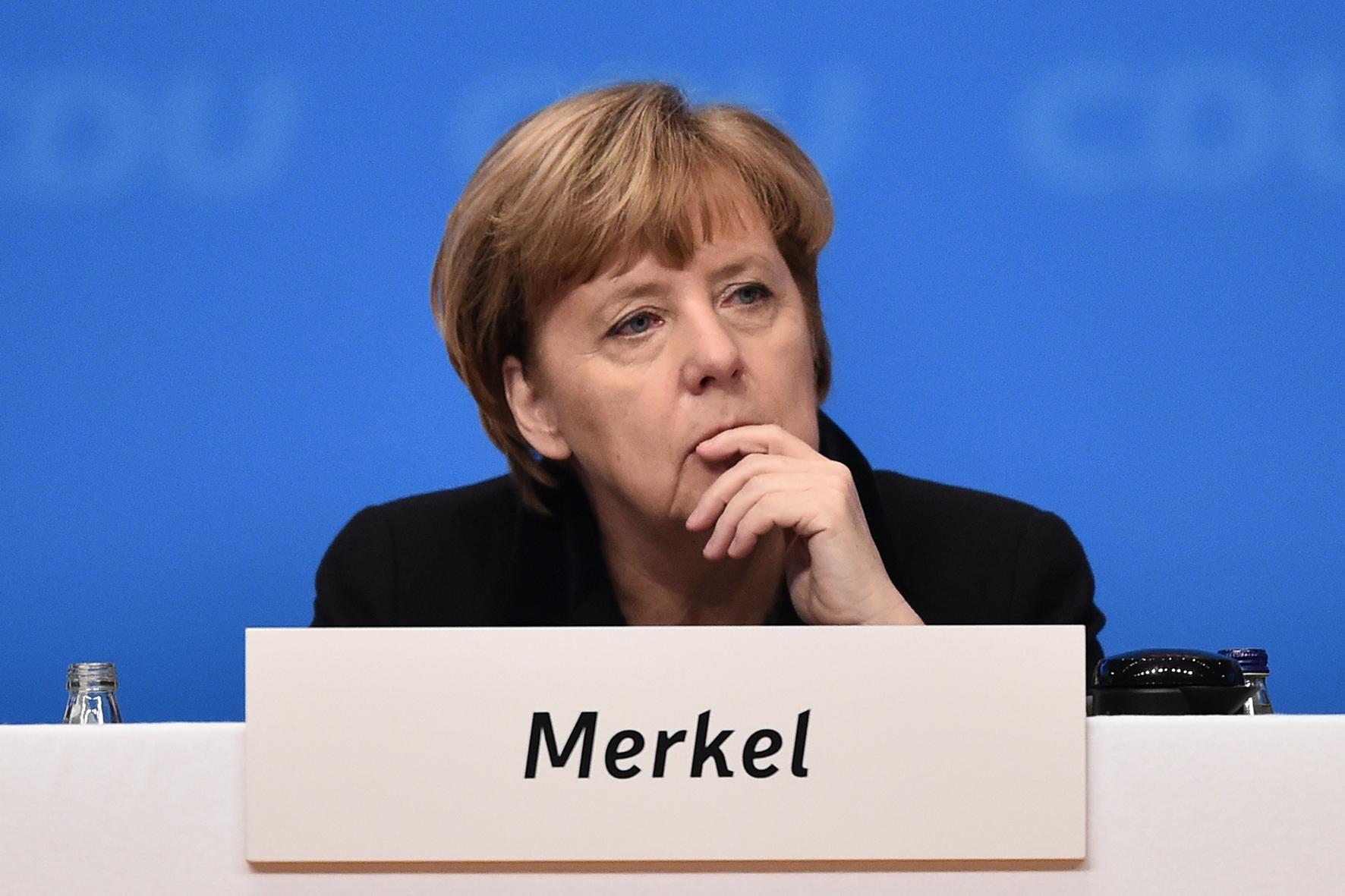Beyond the news
Behind the front cover of the US magazine dedicated to the German chancellor stands a Country that has welcomed hundreds of thousands of refugees fleeing war and hunger. Until now, solidarity and Teutonic organization have enabled to meet the challenge. The CDU party supports Merkel’s hospitality strategy. The essential contribution of the Catholic and Protestant Churches

Angela Merkel was on the front cover of New York’s Time magazine as the “Person of the Year 2015.” The chancellor of the Federal Republic of Germany received the award in recognition of “her leadership in the promotion and preservation of an open, borderless Europe in the midst of the economic and refugees crises.” The magazine’s choice to focus on political and economic motivations, along with the explicit reference to open borders and the humanitarian crisis, constitute an invitation to analyze the current situation in Germany in terms of the management of asylum seekers, also in the light of the inflow of refugees to Europe, that is far from over. Meanwhile yesterday Merkel has won her battle inside the party, precisely on the theme of refugees. The Chancellor convinced the CDU: yes to the welcome, despite an overall reduction in the number of asylum seekers, thanks to more effective controls at the external borders of the EU and hotspots in Italy and Greece. The political result was obtained, but strong social and economic impetus is required for the future
“Heated”, albeit monitored, situation. Since January 2015, 965 thousand applications for asylum were filed in Germany (source: Federal Office for Migration and Refugees, BAMF): a record number that has raised numerous problems. Yet, since the beginning of the year the waiting time for the processing of individual requests has dropped to 5-and-a-half months compared to 7 in 2014.
57.800 applications were filed in the month of November alone: 162% more compared to November 2014.
In the meantime, 35.400 requests were approved, 145% more compared to the same month in 2014. Procedures for the recognition of conditions for asylum entail “individual evaluation to ensure identity and to prevent abuse and illegal practices”, according to BAMF, where work is kept up at a fast pace. The decisions vary according to refugees’ Country of departure and of the requests filed also by the countries of origin. Since the month of January 4000 refugees have found a job, while according to the Federal Minister of Justice Heiko Mass reception procedures entail “uniting all those who file applications in our offices in a more efficient and speedy manner. That’s why we need to compare data.”
However, for Mass, “integration isn’t the responsibility of the political realm alone, as it involves society as whole, as well as interested organizations, including the churches.”
Healthcare and education. As provided for in the Asylbewerberleistungsgesetz (the Law regulating asylum rights in Germany in compliance with European legislation) refugees are entitled to medical care. Although healthcare for refugees falls within the province of the Länder and of the municipalities, the Federal government contributes to ensure that it doesn’t become an excessive burden at local level. In this way the Länder can issue a dedicated health card for the refugees. Moreover, most of the migrants arrived in Germany are in good health conditions. “Infectious diseases occur to the same extent as the native population”, declared the national health authorities. The refugees – reiterated the relevant ministry – “are not a cause of diseases increase.” Federal projects for integration and social education envisage the opportunity to promote the integration of refugees within voluntary civil protection programs. Refugees are also offered the possibility of learning skills enabling their reintegration to their countries of origin in the future. Meanwhile, 1. 559 million Euros have been allocated in the “asylum package for education and language training programs:
300thousand refugees will receive German language lessons, while 479 million euro, to be earmarked by 2017, will finance the vocational training of at least 200 thousand refugees.
The role of the Churches. These figures are set against the backdrop of Church-State cooperation, whereby a fundamental role is played by charity initiatives funded by the Catholic and Protestant Churches also through Caritas and Diakonie associations. In 2015 the Catholic Church in Germany has set aside 98,6 million euro for aid and assistance to refugees. German dioceses allocated a 66.5 million euro grant for assistance to refugees in Germany, not to mention the extraordinary support provided by religious congregations and Catholic organizations, with 100 thousand volunteers offering their services. Ecclesial humanitarian organizations have allocated 32,1 million euro to programs for refugees abroad. Commitments are ongoing. Thus the recognition awarded to the German Chancellor by Time magazine is convincing, although it should be shared with a Country that has fully (or almost fully) contributed to such efforts.